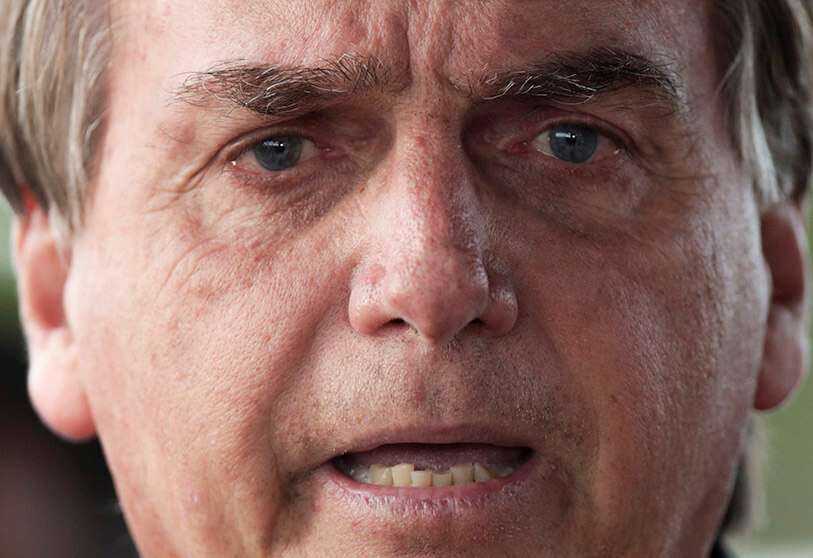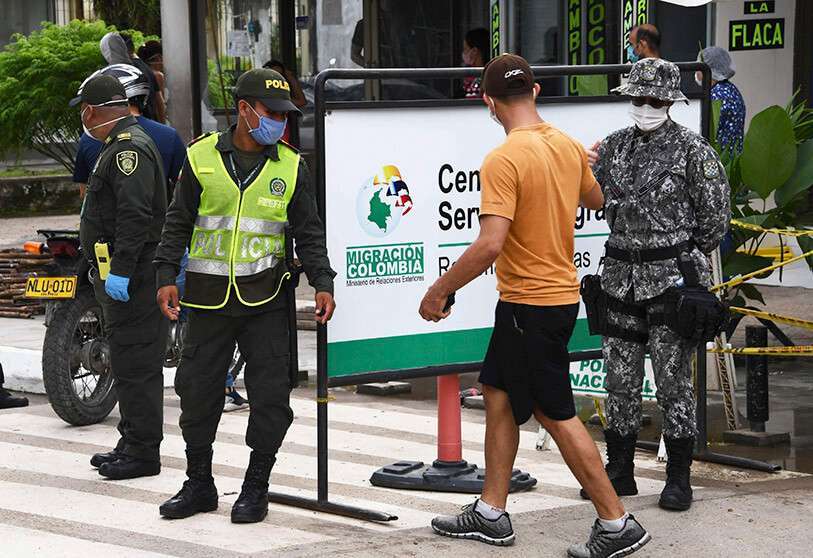Brazil: a threat to the continent's public health

This weekend Brazil recorded its worst ever number of people admitted to intensive care units (ICUs). Currently 25 of the 27 states within the national territory accumulate an incidence where 80% of their ICUs are occupied. On March 16, the worst number of deaths accumulated, 2,841 people died in less than 24 hours. The state of Rio Grande do Sul has no beds available.
On Monday 17 March, President Jair Bolsonaro appointed for the fourth time a new health minister, cardiologist Marcelo Queiroga, who will be in charge of the new health portfolio, replacing Eduardo Pazuello. Health workers in some hospitals in Brazil's most populous city, Sao Paulo, asked the new minister to carry out a national shutdown due to the serious situation in which they find themselves. The head of state has criticised some closure measures and reduced mobility of regional governments, as according to Bolsonaro it is killing the country's economy, and that the effect of a bad economy would be worse than the current situation.

Queiroga, after a press conference suggested that Brazilians continue to wash their hands and wear masks in public places, did not clarify whether they would subject the country to a lockdown or whether they would adopt new measures of social distancing. The cardiologist maintains that "the closures were used in extreme situations and cannot be central government policy". Joao Gabbardo, leader of the Sao Paulo coronavirus emergency group, noted on Twitter that "when (Queiroga) takes office, he will face the worst figures of the pandemic", and that the country should enter a national quarantine. Brazil has the second highest number of infections and deaths in the world, behind the United States. The national government has not only been criticised for its poor management of the pandemic, but also for the distribution of the vaccination process. Brazil currently has doses from AstraZeneca and CoronaVac, which comes from China, but only 4.6% of the population has been vaccinated. In an interview with the BBC, epidemiologist Pedro Hallal, states that the situation in Brazil represents a threat to the rest of the continent and explains a spill-over scenario beyond Brazil's borders, “21% of all deaths in the world yesterday (March 9) due to covid-19 occurred in Brazil, a country that only has 2.7% of the world’s population. So this is huge. Brazil is becoming a threat to global public health," Hallal told the BBC.

A group of scientists have called on the Bolsonaro government to close cross-border transit to prevent the new strain that originally came from the Manaus region from spreading to the rest of the continent. The letter written by the scientists to the central government suggests flight reductions and calls for strict quarantines for those coming from outbreak sites.
The border transit between Colombia and Brazil is closed until the first of June this year, a measure decreed by the President of the Republic Iván Duque, a decision that the President of Argentina Alberto Fernández has not been able to take, as Brazil and Argentina have a border of 1,100 kilometres. Carla Vizzotti, Minister of Health of the Fernández government, commented that they are going to strengthen measures and controls on those coming from Brazil, "to warn about the regional situation and discourage the population from travelling to places where there are new variants, where there is an individual and health risk, and to work very hard, above all in the control of the return".

The World Health Organisation's (WHO) director of emergencies, Michael Ryan stated that "the situation in Brazil has worsened, with a very high incidence of cases and an increase in incidents of death across the country". The WHO acknowledges the increased "transmissibility and lethality" of the new Brazilian variant, which according to some UN research may be more contagious.
Latin America Coordinator: José Antonio Sierra










